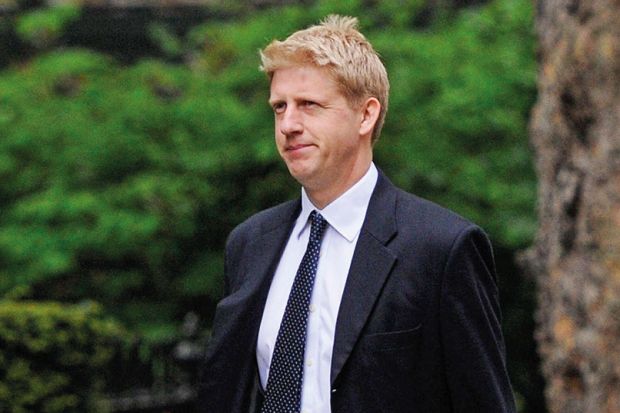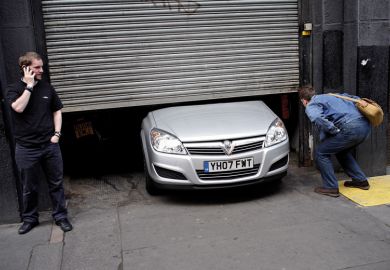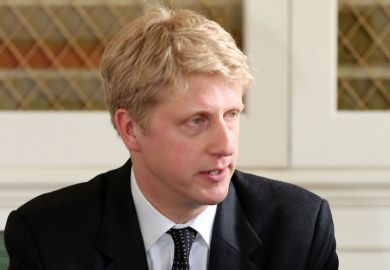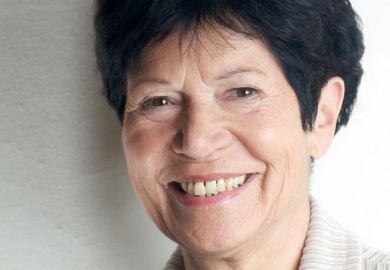Jo Johnson, the minister for universities and science, has said he has still not received any “hard evidence” that UK researchers are being blocked from applying for EU funds in the aftermath of last month’s Brexit vote.
There have been numerous reports of UK academics whose bids for funding have been thrown into doubt because European partners are unsure for how long the UK will be a part of Horizon 2020, the EU’s current research programme.
At the beginning of last week, the group Scientists for EU said 16 respondents to a survey (around one in 10) said they had already suffered disruptions to Horizon 2020 applications, while Times Higher Education spoke to three researchers who said their bids had either been scuppered or were now uncertain.
Yesterday the Guardian reported that British academics had been asked to leave or step down from bid leadership roles because they were seen as a “liability”.
Facing MPs from the House of Commons Science and Technology Committee this morning, Mr Johnson said that he was “extremely concerned at these anecdotal reports” and had asked universities “to provide us with concrete evidence where this is happening".
He has sought to emphasise that for now, nothing about the UK’s position has changed and that UK academics are still entitled to bid for money. “We’ve been very clear that there should be no discrimination against UK institutions, soft or hard,” he said.
The Department for Business, Innovation and Skills has invited researchers suffering discrimination to pass on evidence – to the email address research@bis.gsi.gov.uk – and Mr Johnson said that it had received “some emails with descriptions of behaviours that suggest we do need to pay great attention to how this evolves over the coming weeks”.
But asked whether any “hard” evidence existed, he said: “we’ve seen some anecdotal evidence at the moment. I’m still waiting for hard, concrete examples of institutions being concretely blocked, but I’m not saying it’s not happening, far from it, I just want to see examples of it.”
Earlier in the evidence session, Philip Nelson, chair of Research Councils UK (RCUK), told MPs that although he had not received any evidence of research contracts being cancelled, he had heard “multiple stories of some really quite unpleasant things happening, with UK researchers being asked to leave consortia”.
“These are all anecdotal at this stage, but they are multiple. I’ve had six different vice-chancellors tell me different stories about different consortia that are taking negative attitudes to the inclusion of UK researchers,” he explained.
He added that this might be a “knee jerk” reaction to the referendum result, and the situation may “settle down”, but “in the minds of many, things clearly have changed”.
In addition, Professor Nelson said he had received an email yesterday from the University of Glasgow “who were trying to attract a top class physicist who decided not to come because he felt the funding for the particular field in which he was involved was no longer going to be there because of withdrawal from the European Union”.
“I’ve [heard of] a number of such incidents,” Professor Nelson said.
He added that RCUK would monitor the rate of UK applications to EU research grants over the coming months.
Register to continue
Why register?
- Registration is free and only takes a moment
- Once registered, you can read 3 articles a month
- Sign up for our newsletter
Subscribe
Or subscribe for unlimited access to:
- Unlimited access to news, views, insights & reviews
- Digital editions
- Digital access to THE’s university and college rankings analysis
Already registered or a current subscriber?








